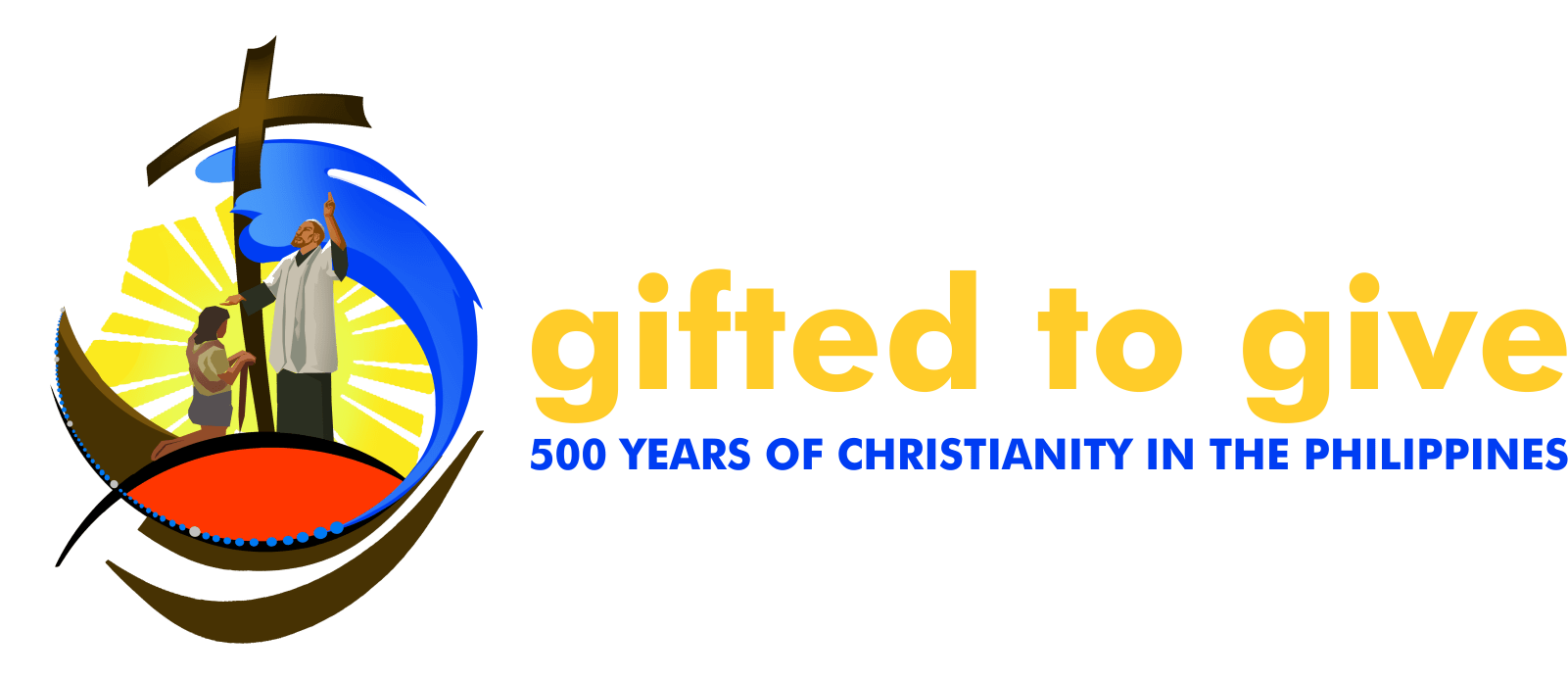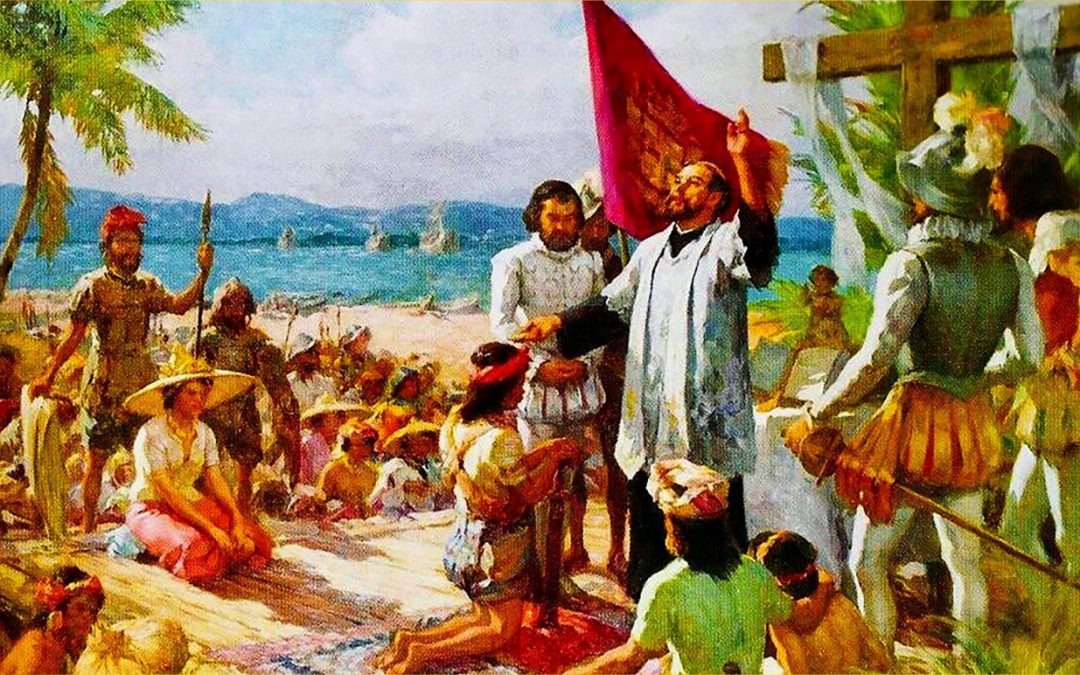by Jason A. Baguia
 For many of us, at the turn of the millennium and before the internet came to dominate the media, watching Cecil B. DeMille’s The Ten Commandments on television was an annual Holy Week ritual.
For many of us, at the turn of the millennium and before the internet came to dominate the media, watching Cecil B. DeMille’s The Ten Commandments on television was an annual Holy Week ritual.
I always found the scenes of the wonders God wrought through Moses and Aaron fascinating, but the scene that impressed me the most was of Moses singing over the Passover meal while the plague claimed the lives of first-borns throughout Egypt. I especially remembered the scene whenever elders would stop me (I sometimes unselfconsciously break into song), from singing at our own dining tables. Doing so was rude, they said. I guess it depends on context—what song is being sung, what one’s disposition is toward the meal.
I remembered the movie scene again while reflecting about the start of the year-long celebration of the 500 years of Christianity in the Philippines. Just as in the Jewish Passover, Moses and the Israelites shared a meal and sang at table while death and devastation surrounded them, we in the Archdiocese of Cebu have been celebrating the quincentenary while the plague that is the covid-19 pandemic rages on. In fact, we have been celebrating with a capital “C,” with exhibitions of Christian art in two waterfront malls, at least four nights of musical shows, and four days of celebrations of high Mass. People are dying yet we have been having a fiesta—singing, dancing, acting in plays. Are we heartless?
Moses could not have celebrated the Passover while rejoicing over or denying the grief that gripped Egypt. He had, after all, at least felt imperfect contrition after having killed an Egyptian who had beaten a Jew. Moses did celebrate, however, because the Passover ceremony was commanded by God himself and He orchestrated his people’s liberation to the point that the Israelites left Egypt with gold, silver, and clothing generously given to them by the Egyptians when they asked for them.
To celebrate as we are doing when there is no longer Gentile or Jew, slave or freeman (as there was in the time of Moses), to celebrate while we mourn and weep amid a pandemic is not to be heartless, denying or shallowly rejoicing in the face of suffering. It is rather to testify to what matters most—that in a world where everything and everyone can be taken from us any time, God is always with us, is taking care of us, and holds all reality in his loving hands.
In the Passover, the Jews saw themselves saved from the angel of death by the blood of lambs that they painted on the doorposts of their homes. The Exodus was a journey in which God continually saved his people from death through his bountiful gifts—freedom from slavery, riches from the Egyptians, coveys of quail, manna from heaven, water from the rock, healing through the bronze serpent, the Decalogue. But the Exodus was also an exchange of gifts. The Israelites who were faithful gave back to God in their commitment to the commandments, obedience to Moses, and worship of the Lord in many ways, including through the Canticle of Moses that we still sing especially during the Easter Vigil.
On Wednesday of the second week of Easter, before the shrine that commemorates the planting of Magellan’s Cross in Cebu City, seven children received from the Church that is the Body of Christ gifts that are far greater than the ones the Israelites received in the Exodus, gifts that all of us, too, have received—Baptism and the Holy Eucharist, by which we and the children have become one with the Lord and with one another. In the preceding days, these sacraments and Confirmation, by which we receive the gifts of the Holy Spirit were also administered to hundreds of men, women, and children in Cebu, Mandaue, and Lapu-Lapu cities.
That these celebrations happened in the time of covid-19 makes them similar to the Passover in the time of the angel of death. This time, however, we are being kept safe from eternal death by One who is infinitely more precious than lambs—the Lamb of God himself, the One who by dying for us turned death from a dead end into a door—“I am the door,” He said—so that while we do our best to protect one another or weep just as “Jesus wept,” we neither need to fear dying nor despair about the loved ones we have parted from for now (John 10:9; 11:35).
So like Moses who sang over supper to the God who freed the Israelites, we, too, out of gratitude, offer our celebrations to the One who gave us faith and himself. Above all, we thank God with prayer and song at the Last Supper, in the Holy Eucharist. We also thank him through art exhibits in the malls, concerts like Musika Sacra dances like Chronos et Kairos, and plays like Credo in Unum Deum and the reenactment of the Philippines’ first baptism with presentation of the image of the Child Jesus. We further thank him by—among other actions—joining our Commission on Youth and its partners in giving helpful equipment to persons with disabilities, helping communities like Five Loaves and Two Fish distribute provisions to families that were badly affected by the pandemic, working for justice and peace with our Commission on Social Advocacies, and caring for the earth through projects like the planting of trees by parishioners of Santo Niño in Santa Fe town.
Inspired by the sacraments and our faith that are more real than any adversity, we celebrate through the arts. At the same time, as God’s works of art, we live Christian lives, in secret as salt of the earth or publicly as light of the world, demonstrating the faith that works through love.

